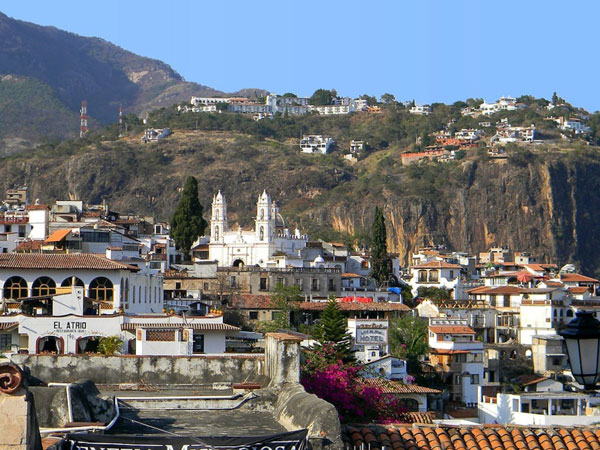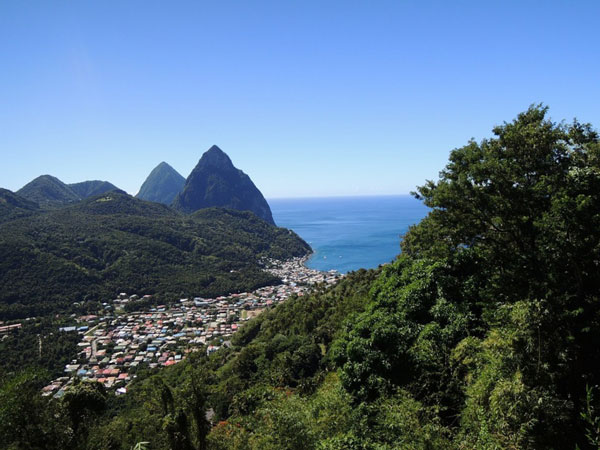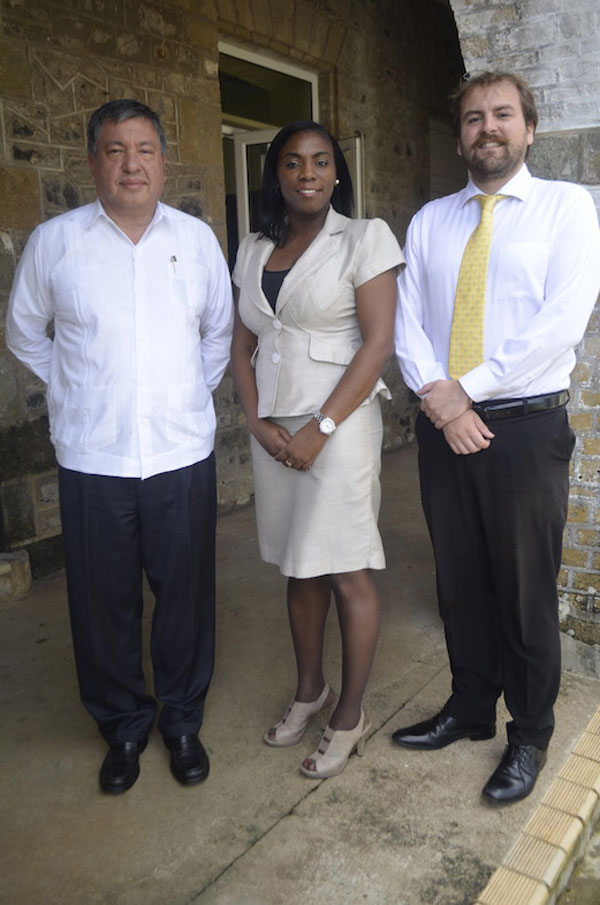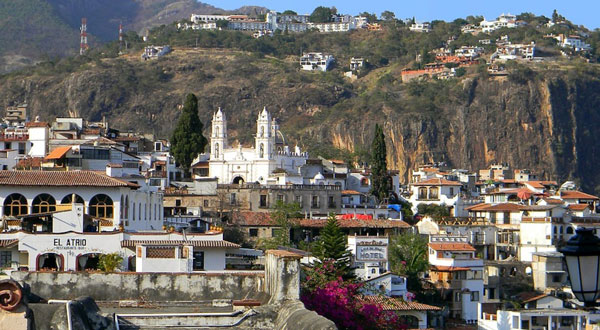
The OECS Commission has met with representatives from the Government of Mexico to explore collaborating to develop Sustainable Strategic Tourism Master Plans (SSTMP) in OECS Member States.
The Ambassador of Mexico to the OECS, Luis M. Lopez Moreno, Third Secretary in charge of Cooperation of the Embassy of Mexico, Imanol Belausteguigoitia, the OECS Tourism Specialist, Dr. Lorraine Nicholas, OECS Tourism Permanent Secretaries and Directors of Tourism met virtually to gain insight from Mexican experts on the concept and methodology for developing SSTMPs in the OECS.
OECS Director General, Dr. Didacus Jules, said the OECS has enjoyed strong relations with Mexico across a number of functional areas of cooperation and the potential now existed to deepen that commitment through the elevation of SSTMPs as a key driver of economic growth in the OECS.
“The potential exists for a deeper diversification of the OECS tourism product and the SSTMPs will be imperative in creating a sustainable framework to identify and then capitalize on these unique opportunities,” said Dr. Jules.
Dr. Nicholas said Mexico’s tourism industry had performed remarkably well in the past few years with Mexico welcoming a record 32 million tourists in 2015, an increase of 10% over 2014 figures.
“Revenue from the sector also grew by 8% which accounted for surplus of $7 billion and the Ministry of Tourism in Mexico strongly attributes this impressive performance in the tourism sector to effective planning,” said Dr. Nicholas.

Soufriere one of Saint Lucias most visited towns brimming with further tourism potential.
She continued: “Tourism Master Plans were developed by tourism professionals in Mexico for each of the main tourist destinations (cities) in Mexico and the development of the sector has been guided by these plans.
“The Government of Mexico is now keenly interested in replicating the concept of one of Mexico’s major tourism product, ‘Los Pueblos Mágicos’, (Magical Towns) in the OECS.
“This programme was developed by the Ministry of Tourism to highlight the key tourism assets in select towns, particularly those towns that have preserved their cultural and historical resources.”
As part of the Mexico/OECS cooperation agreement, the Mexican Government has agreed to provide technical support to the OECS Member States to develop their respective SSTMPs.
The Mexican delegation provided an overview of the concept and methodology to develop SSTMPs as a tool for a participatory planning, which is intended to improve the performance of the tourism sector.
The Plan is intended establish the guidelines for collaboration and coordination between the different agencies and entities among the different stakeholders in the private and social sectors.
The methodology to develop the plan comprises the following activities:
1. Undertake secondary research involving the compilation of key documents that contain information that is relevant to the development of tourism,
2. Conduct field visits to undertake a situational diagnosis of the OECS tourism sector (through interviews with key stakeholders, administration of surveys and observations),
3. Analysis of findings,
4. Formulation of the SSTMPs for OECS territories,
5. Elaboration of the SSTMPs for OECS territories,
6. Develop a portfolio of viable projects to be considered for execution in the next few years, and
7. Workshop to present and validate the OECS Sustainable Strategic Master Plans.
This project is expected to commence in December 2016 and the SSTMPs are expected to be completed by July 2017.












![.[L-R] Parliamentary Representative for Castries Southeast, Lisa Jawahir & Talk show host, Timothy Poleon](https://thevoiceslu.com/wp-content/uploads/2026/02/Lisa-Jawahir-Timothy-Poleon-380x250.jpg)
![Public Service and Utilities Minister Stephenson King delivered remarks [Photo credit: VP]](https://thevoiceslu.com/wp-content/uploads/2026/02/Stephenson-King-380x250.jpg)

